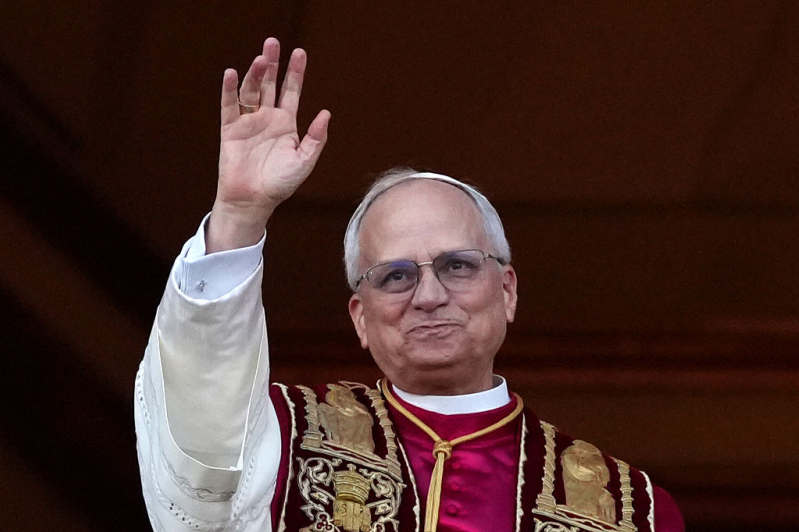
The European Evangelical Alliance (EEA) has issued a public message of congratulations to the Roman Catholic Church following the election of American Cardinal Robert Prevost as Pope Leo XIV.
The congratulatory message published on Tuesday (May 13) extended “respectful congratulations” and called the new 267th Pope’s affiliation with the Order of Saint Augustine, “notable.” Prevost was ordained an Augustinian priest in 1982, marking the first step in his long journey to becoming Pope.
“Augustine of Hippo remains one of the most influential figures in the history of the Christian faith,” stated the EEA.
“His theological legacy—especially his profound insights into divine grace—continues to shape Christian thought across denominations and inspired reformers such as Martin Luther.
“If Pope Leo follows in this theological tradition, it may offer fresh opportunities for clearer dialogue on matters central to the Gospel.”
The Augustinian Order, according to the community’s official website, is based in 50 countries and dates back to March 1244 when Pope Innocent IV gathered hermits together into a community of Mendicant Frias (monks) to serve the universal church. The Order was inspired by the first Christian communities narrated in the book of Acts 4:32-35, according to the site.
It also claims to be “fundamentally based upon the teachings of Jesus Christ” and the teachings of Saint Augustine himself, who served as the bishop of Hippo from 354 to 430 A.D.
In its congratulatory message, the EEA emphasized the importance of maintaining friendly relationships with those of varying Christian backgrounds whilst keeping focused on the Great Commission.
“As the European Evangelical Alliance, we affirm the importance of cordial and principled relationships with leaders and communities of other Christian traditions, while recognizing that true spiritual unity is found only in the biblical Gospel.
According to the EEA, national evangelical alliances across Europe regularly collaborate with other Christian traditions on social and ethical issues. They also engage in respectful and responsible dialogue on shared concerns such as migration, the climate crisis, the protection of life, and the pursuit of peace among nations.
“Without compromising our evangelical identity, we believe it is both possible and necessary to collaborate in areas that serve the common good and uphold human dignity. It is our prayer and profound desire, that in this new season, the Gospel of Jesus Christ will be proclaimed with clarity and power, so that many may come to salvation by faith in Him alone.”






